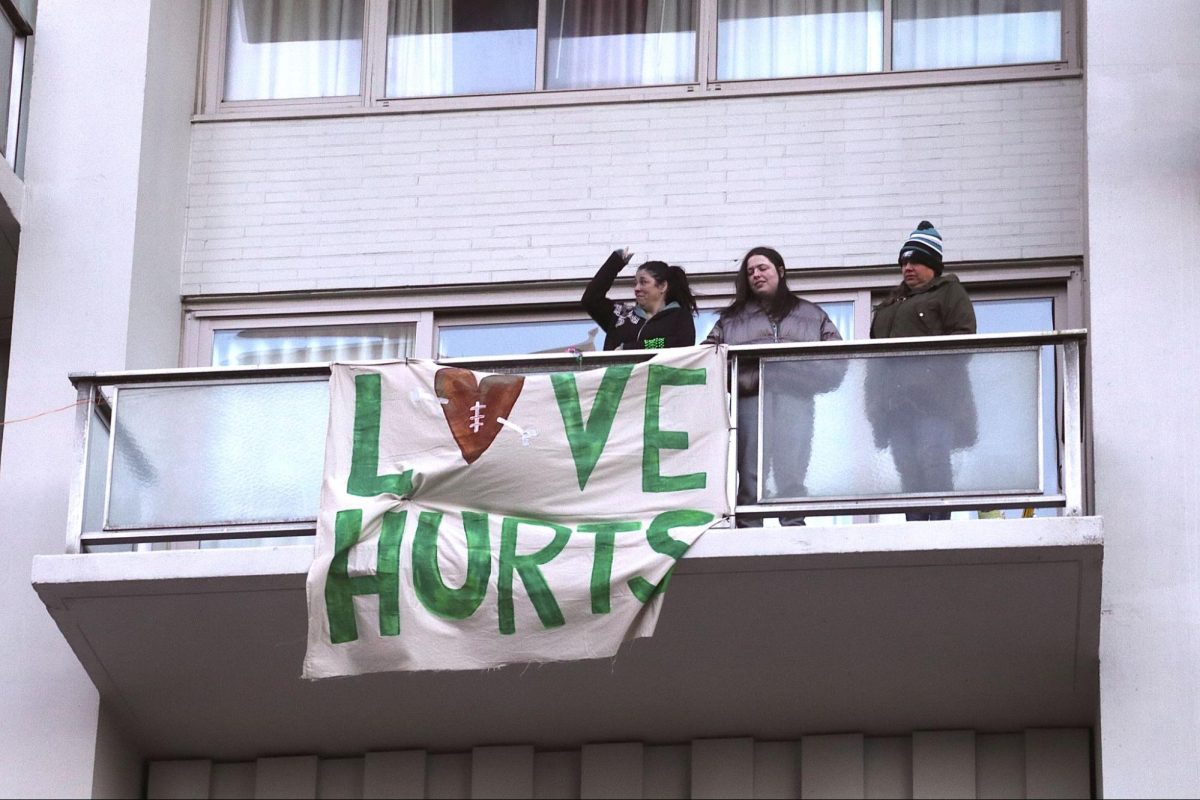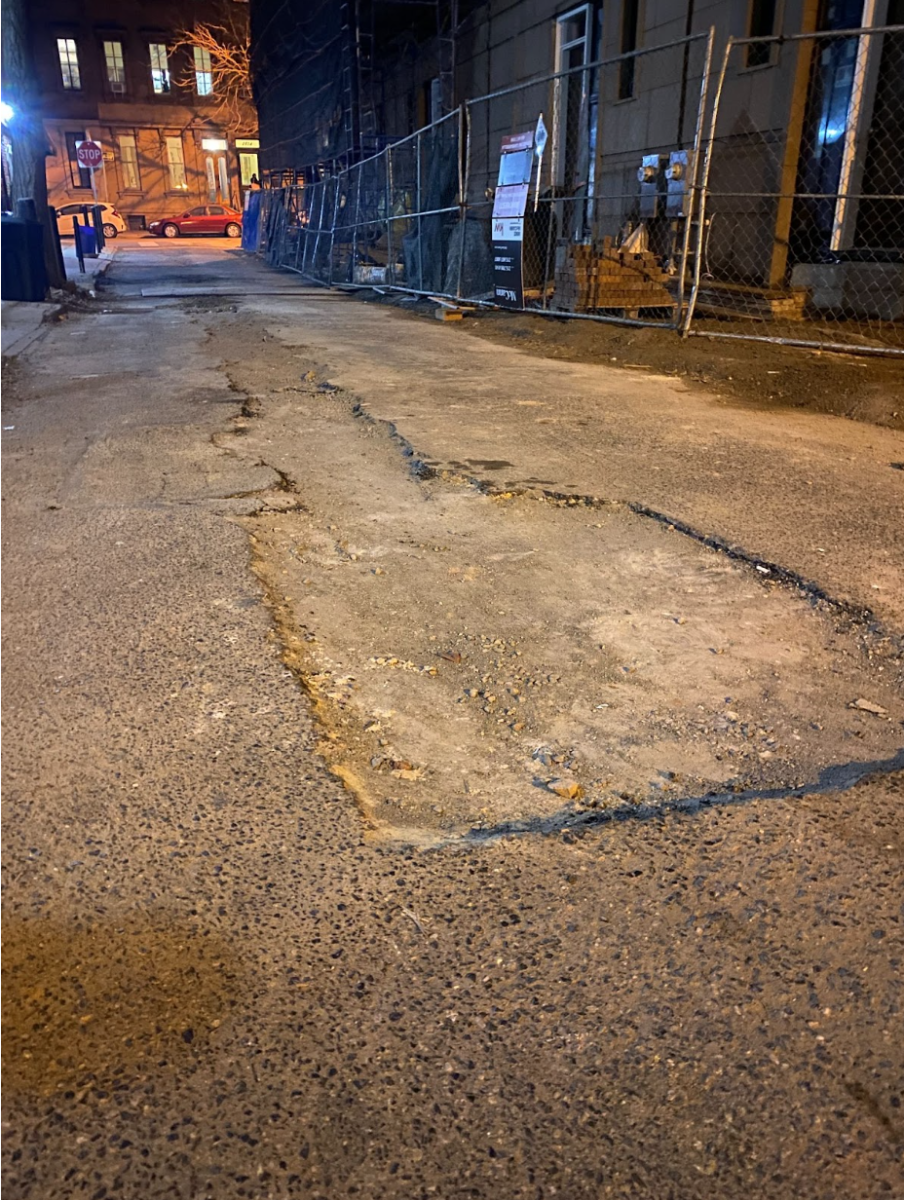Philadelphia’s pothole problem stems from several unfortunate factors including a fluctuating climate, poorly run municipal services, and outdated drainage sites. These conditions are ideal for potholes to form, starting with flooding caused by a colonial-era drainage system and a climate where temperatures drop below freezing overnight and into the high forties during the day. On top of this, the Philadelphia streets department is staffed by an astonishingly low 44 employees, 14 times less than the number of PPA (Philadelphia Parking Authority) officers employed by the city of Philadelphia.
Philadelphia is built over 280 miles of waterways and creeks, meaning there is almost no natural way for water to drain out of the city and back into major bodies of water. Having to rely on man-made drainage would not normally be an issue, but Philadelphia’s sewer system was built in the 1800s. The sewers are so old that they are not able to keep up with the massive amount of area compared to the 1800s.
Under normal conditions, when water gets under the asphalt of a road, it either evaporates or goes into the ground. However, Philadelphia’s often unstable climate causes the water to freeze overnight and expand, causing cracks that thaw during the day. This process happens repeatedly causing large cracks and potholes.
Given these known issues, it can feel like these issues should be easily fixable, but that’s not entirely the case. While the Philadelphia Streets Department is responsible for maintaining roads in Philly, some roads, like Baltimore Avenue, Lehigh Avenue, and Passyunk, are maintained by PennDOT (Pennsylvania Department of Transportation). They receive maintenance far less often due to PennDOT having 2,000 miles of roads to maintain. The good news, though, is that the city automatically sends requests to PennDOT when you call their 311 number. Damage on smaller nonstate roads isn’t often fixed because the Streets Department is backlogged. On average, Philadelphia has 50,000 reported potholes per year and just 44 employees repairing potholes; they can’t fix all the current potholes before new ones are created.
While potholes in Philadelphia won’t be disappearing any time soon, there is hope. Increasing the number of employees in the streets department would help drastically in the time it takes to repair a pothole and cut down on the amount of damage to cars. However, this is a reactionary response. The real killer of smooth roads in Philadelphia is the ancient drainage system. Unfortunately, upgrading or replacing the sewer system would be an incredibly expensive undertaking, requiring tearing up roads and stopping water for numerous neighborhoods.
























John Caughlin • Feb 28, 2024 at 8:58 PM
“Sinkhole De Mayo” Famous Philadelphia Holiday..